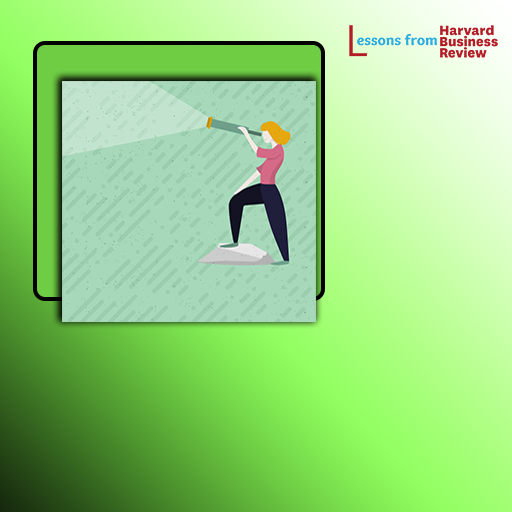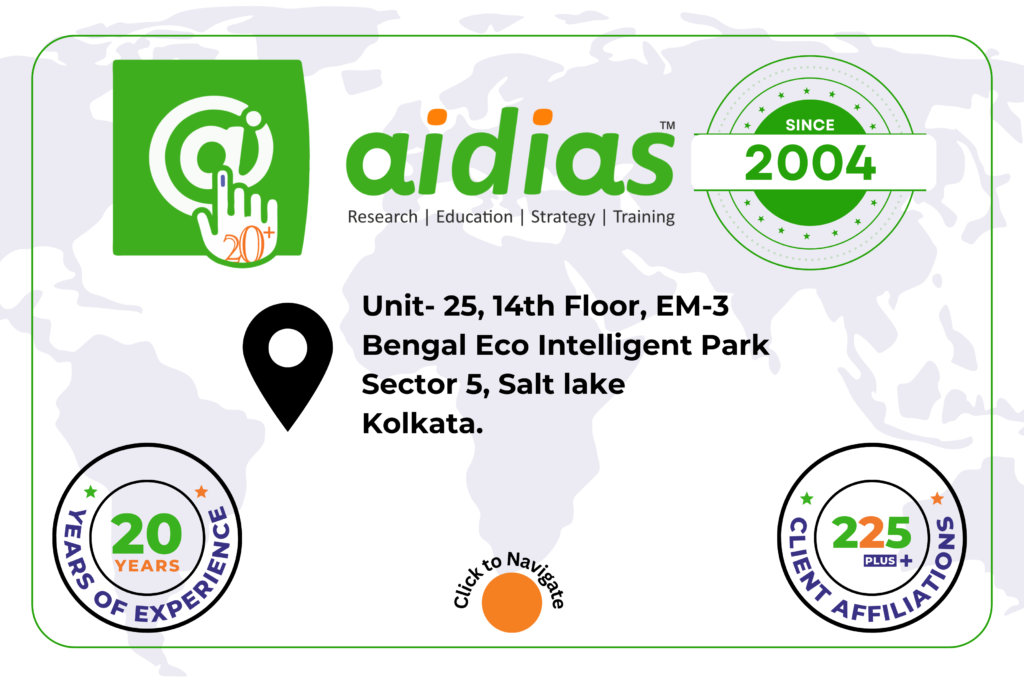“When you face a trade-off conflict, it just behooves you to focus on your gut.”
Life calls us to make choices. Some of them feel particularly big and overwhelming not because they involve pinning down one option to the exclusion of others, which is typical of most decision- making, but because their outcomes and more so ‘wrong’ choices can be damaging or have far- reaching implications. Innumerable decisions have to be taken in every stage of our lives, often life-altering ones, which may pivot around events or situations of consequence. Let us consider a few such dilemmas. If one is at a crossroads in one’s career, what should be the wisest course of action? If a couple of employment offers are under consideration, which scores over the other, and which parameters should come into the reckoning? Would relocating to a different city, fraught with advantages as well as uncertainties, be more advisable than continuing with the cushy established patterns of the current one?
When Scott McNealy, co-founder of Sun Microsystems and its CEO for 22 years, was asked about his decision-making style, he remarked that he invested less time and energy on making the right decisions, more time and energy in ensuring that any decision once taken turned out to be right.
Making up one’s mind, particularly when decision-making is irreversible, comes with its fair share of stress and anxiety. We are hard-pressed to nail down the ‘best’ option and fret about choosing a wrong one. This mindset is accompanied by our over-emphasizing on the ‘choice’ and the moment of choice. Just as selecting the best option provides little assurance that all would be well in the long run, making a suboptimal decision need not end in doom and disaster too. Often the available options are so close or diverse that ranking them in order of merit or preference is an arduous task, and therefore this dynamic leads to analyses-paralysis. The more we yearn for an objective algorithm to rank our options so as to base our decisions on, the more we distance ourselves from subjective factors, such as our intuition, emotions, or gut. This finds us in a tussle, pining for signs and indications of consequence to steer our decision journey.
When faced with a daunting task that paralyzes decision-making, it is advisable to pay heed to McNealy’s comment so as not to get stuck. This calls for revisiting and renegotiating our mindsets. Focusing solely on the choice undermines the effort that is required for the option to succeed, besides diminishing the sense of agency and ownership that are associated with it. On the other hand, focusing on the effort once the decision has been made engenders the exploration of methods and means that would make it work, reminding us of our sense of ownership to see it to fruition. In other words, the locus of control rests in our regular activities that follow from the decision, more than the decision itself.
The better approach is to move ahead with the following considerations:
- Observingthe feelings and emotions that marked the decision-making
- Assessingto what extent we are motivated so that the option may be successful
- Recognizingthat irrespective of the option, strategy-driven efforts will make it work
Baba Shiv, neuroscience expert of Stanford University, points out that a rational approach is effective in decision-making, yet he does not make the choice definitive as it may call for giving up one appealing option for another. Such a complex trade-off is not only problematic but it is impossible to predict which outcome will be more favorable. The two key findings of his research are: successful decision-making is characterized by the decision-maker remaining committed to the choice, and emotions are central to determining the successful result of any trade-off decision. Shiv maintains, “When you face a trade-off conflict, it just behooves you to focus on your gut.”
This does not however require our rationality to take a backseat. It is not unusual to make emotion-driven decisions that we have come to regret later. Nevertheless, latest neuroscience research shows emotions are integral to decision-making in being able to reject options likely to have negative impact and focusing on options that are more likely to have positive results.
Professor Roy Baumeister of Florida State University opines that positive decision-making is linked to our ability to anticipate future emotional states: “It is not what a person feels right now, but what he or she anticipates feeling as the result of a particular behaviour that can be a powerful and effective guide to choosing well.”
So if you’re caught in a web of options, remember to approach it rationally, envisioning yourself in the future scenario. Try being in tune with emotions they generate and influence your commitment to that choice. Even if some of the decisions you take aren’t right, it is in your hands to make them go right!




